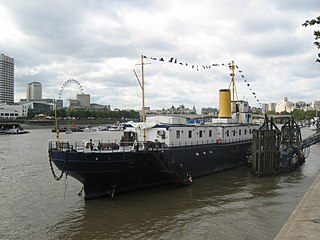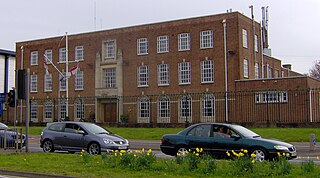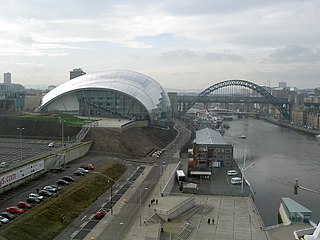Sixteen ships and two shore establishments of the Royal Navy have been named HMS Fox, after the fox.

The Royal Naval Reserve (RNR) is one of the two volunteer reserve forces of the Royal Navy in the United Kingdom. Together with the Royal Marines Reserve, they form the Maritime Reserve. The present RNR was formed by merging the original Royal Naval Reserve, created in 1859, and the Royal Naval Volunteer Reserve (RNVR), created in 1903. The Royal Naval Reserve has seen action in World War I, World War II, the Iraq War, and War in Afghanistan.
Three ships and three shore establishments of the Royal Navy have been named HMS Ceres, after the goddess Ceres of Roman mythology.
Five ships and one shore establishment of the Royal Navy have been named HMS President, after the office of president meaning "one who presides over an assembly". In the case of the first two British ships, the name may have applied to the Lord President of the Privy Council.
Eighteen ships of the Royal Navy have borne the name Hunter:
Eleven ships of the Royal Navy and a reserve shore establishment of the Canadian Navy have borne the name HMS/HMCS Discovery, while ships of other branches have also used the name:
Five ships and a shore establishment of the Royal Navy have borne the name HMS Calliope after the muse Calliope in Greek mythology:
Ten ships of the Royal Navy have been named HMS Clyde after the River Clyde that runs through the city of Glasgow, Scotland. For Her Majesty's Naval Base Clyde see HMNB Clyde.

HMS President (1918) is a retired Flower-class Q-ship that was launched in 1918. She was renamed HMS President in 1922 and moored permanently on the Thames as a Royal Navy Reserve drill ship. In 1982 she was sold to private owners and, having changed hands twice, served as a venue for conferences and functions as well as the offices for a number of media companies. She has been moved to Chatham on the Medway in Kent since 2016, but is due to return to the capital. She had the suffix "(1918)" added to her name in order to distinguish her from HMS President, the Royal Naval Reserve base in St Katharine Docks. She is one of the last three surviving Royal Navy warships of the First World War. She is also the sole representative of the first type of purpose built anti-submarine vessels, and is the ancestor of World War II convoy escort sloops, which evolved into modern anti-submarine frigates.
Two ships of the Royal Navy were named HMS Saxifrage after the genus of holarctic perennial plants:

HMSGannet is a Royal Navy Doterel-class screw sloop-of-war launched on 31 August 1878. She became a training ship in the Thames in 1903, and was then lent as a training ship for boys in the Hamble from 1913. She was restored in 1987 and is now part of the UK's National Historic Fleet.

HMS Flying Fox is a Royal Naval Reserve unit located in Bristol, England. Training over 100 reservists on Thursday evenings in Bristol, Flying Fox serves Bristol, Dorset, Devon, Somerset, Wiltshire and Gloucestershire.
Fifteen ships and two shore establishments of the Royal Navy have borne the name HMS Ferret, after the domestic mammal, the Ferret:
Four ships of the Royal Navy, and a division of the Royal Naval Reserve have borne the name HMS Wessex, after the historical Anglo-Saxon kingdom of Wessex:

HMS Eaglet is a stone frigate of the Royal Navy in Liverpool, Merseyside. The base is the home to a number of units, including: Royal Naval Reserve, Royal Marines Reserve Merseyside, Naval Regional Command Northern England, Liverpool URNU, HMS Biter, HMS Charger, Sea Cadet Corps, and the Liverpool Royal Navy and Royal Marines Careers Office.
Ten ships of the Royal Navy have borne the name HMS Mutine :

HMS Calliope is a training centre and 'stone frigate' of the Royal Naval Reserve, located in Gateshead, Tyne and Wear.

HMS President is a "stone frigate", or shore establishment of the Royal Naval Reserve, based on the northern bank of the River Thames near Tower Bridge in Wapping and is in the London Borough of Tower Hamlets.
Eight ships of the Royal Navy have borne the name HMS Satellite:
Two ships of the Royal Navy have borne the name HMS Calpe, named after an ancient name for the Rock of Gibraltar or Mons Calpe.
This page is based on this
Wikipedia article Text is available under the
CC BY-SA 4.0 license; additional terms may apply.
Images, videos and audio are available under their respective licenses.






